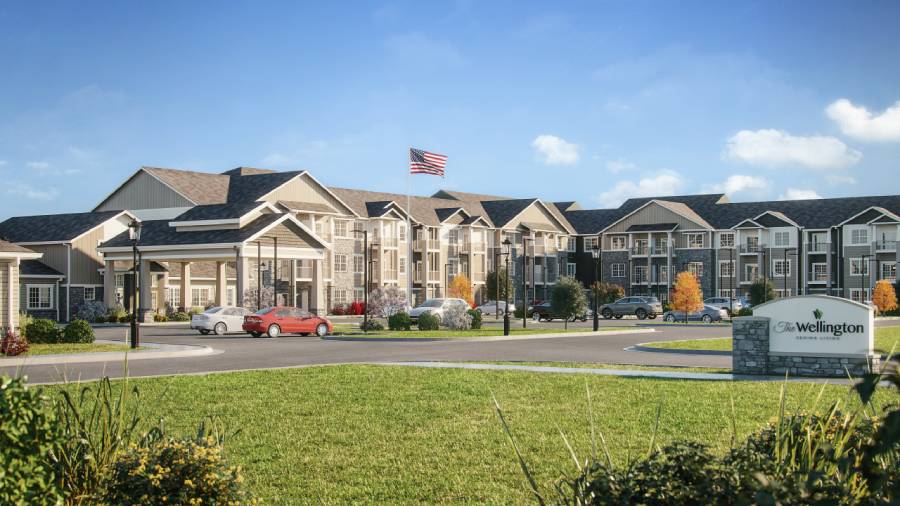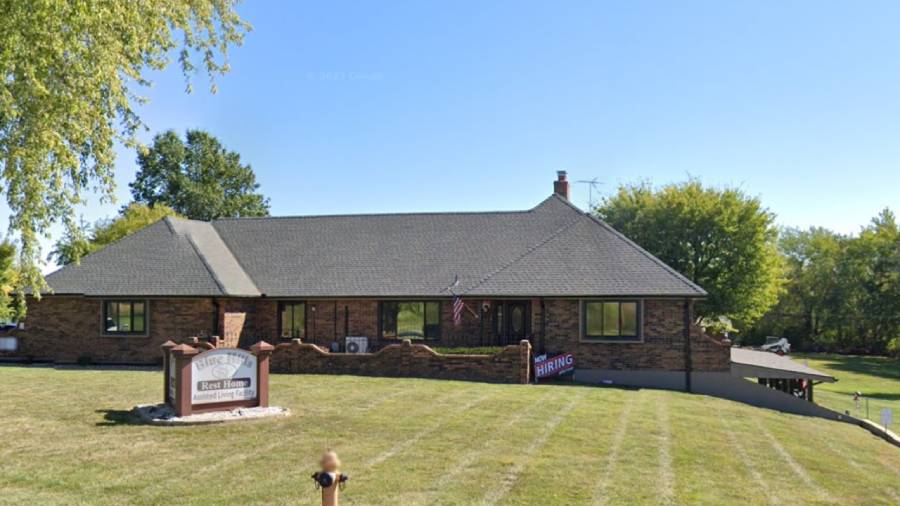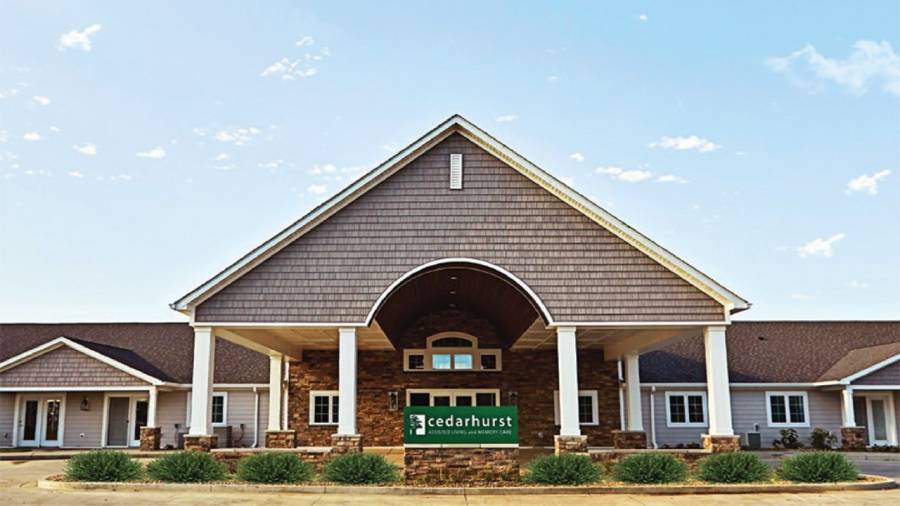
In simplest terms, memory care is a specialized form of long-term care purposely tailored to meet the specific needs and challenges of those living with Alzheimer’s, dementia, and other memory-affecting conditions. These services provide:
In handling memory conditions, prioritizing safety and security is non-negotiable. Here’s why:
Memory care facilities mitigate the risks of wandering, a common behavior among patients, through enhanced safety measures.
These centers create secure living environments equipped with advanced lock systems, safe outdoor areas, and 24/7 surveillance.
Caring staff offer round-the-clock supervision to ensure patient safety at all times.
While there are multiple senior care options, memory care stands apart due to its highly specialized service. While services like Assisted Living might offer aid with daily tasks and medical needs, they do not deliver the targeted care a senior with memory complications would require. In contrast, memory care facilities provide:
Memory care services resonate with a wholesome approach to dealing with memory conditions. They offer:
Finding appropriate memory care services is crucial for families seeking support for their loved ones experiencing memory loss. Here is a list of the top four memory care facilities located in Independence and Blue Springs, offering specialized services to ensure the well-being and quality of life of residents.

The Groves provide a warm and supportive environment for residents facing memory challenges. Their specialized memory care program combines engaging activities and personalized care plans, fostering independence while ensuring safety. With compassionate staff trained in dementia care, The Groves creates a nurturing atmosphere to enhance residents' quality of life.

Blue Hills Rest Home offers a cozy environment for individuals requiring memory care services. Their dedicated team ensures a nurturing setting where residents can thrive despite memory-related challenges. They provide various activities aimed at stimulating cognitive abilities and allow residents to engage socially while receiving necessary support and care.

Benton House of Blue Springs specializes in memory care, providing a supportive and engaging environment for residents with Alzheimer's and other forms of dementia. Their trained staff maintains a high staff-to-resident ratio, ensuring personalized care. The facility promotes connection through community involvement and tailored activities designed to stimulate cognitive function.

Cedarhurst of Blue Springs offers memory care services within a comfortable and secure community. Its focus is on addressing the unique needs of residents with memory issues through personalized care plans and engaging programs. Its dedicated staff promotes an active lifestyle while providing 24/7 support for peace of mind.
The cost of memory care varies depending on the degree of care required. However, a detailed breakdown of costs helps families understand what they’re investing in. Some facilities offer financial assistance or flexible plans, making memory care accessible to more families.
Memory care services aim to improve quality of life. With person-centered care, compassionate treatment, and engaging activities, these services greatly improve residents’ living conditions, promulgating a strong sense of dignity and purpose.
In memory care, caregivers are nothing short of frontline warriors. Their involvement transcends the boundaries of mere professional obligations. They touch every minute facet of the residents’ lives, acting as a direct source of constant support. The key contributions of caregivers in memory care include:
Caregivers fill an emotional vacuum, creating a safe space where residents can express their feelings. They bring in a homely atmosphere, lending their shoulders, listening ears, and understanding hearts, instilling a sense of comfort and companionship.
They motivate residents to participate in daily activities that keep them engaged, stimulated, and upbeat. This could range from simple board games to interactive group sessions.
Caregivers continually monitor residents and can quickly catch any significant changes, be they physical or behavioral, ensuring timely intervention and medication adjustments.
They play a critical role in relaying information between the patient, family, and medical support team, ensuring all are on the same page regarding the patient's progress and treatment plan.
© 2023 Elderly Guardians | All Rights Reserved